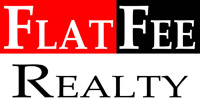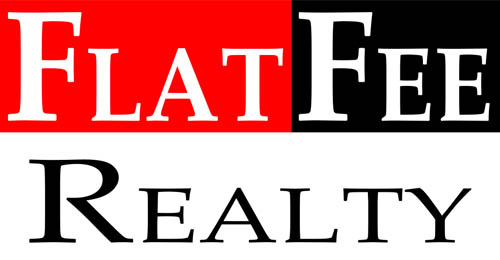 Most types of insurance work like this: Clients pay a monthly or annual premium, and in return, insurance companies agree to assume financial responsibility and the risk in certain situations. While the traditional coverage is something that the insurance companies (and their clients) hope they’ll never need to use, it’s just one of life’s necessities.
Most types of insurance work like this: Clients pay a monthly or annual premium, and in return, insurance companies agree to assume financial responsibility and the risk in certain situations. While the traditional coverage is something that the insurance companies (and their clients) hope they’ll never need to use, it’s just one of life’s necessities.
Mortgage insurance works a little differently. And it can be confusing to homebuyers in the Triangle who aren’t sure what it is, let alone whether they’ll need to pay for it.
The professional agents at Flat Fee Realty want their clients to be as informed as possible. Below, we help to answer three common questions about mortgage insurance*:
What is Mortgage Insurance?
With mortgage insurance, the borrower still pays a premium, but they’re not exactly paying to for their own protection (and they don’t even get to choose the insurance company). The policy actually protects the lender in case the borrower defaults on the loan. So the question is not whether a borrower “needs” mortgage insurance, but rather if the lender will require it.
When is Mortgage Insurance Necessary?
Borrows usually will be required to purchase mortgage insurance if they make a down payment of less than 20%. The amount of the mortgage premium depends on the size and type of loan, but usually costs between 0.5 and 1% of the loan amount. Mortgage insurance can be private or public, depending on the type of loan.
How Can Borrowers Get Rid of It?
Most homeowners are responsible borrowers, and think that making on-time payments is the best way of getting the mortgage insurance requirement removed as quickly as possible. Unfortunately, this is not necessarily the case:
- Private mortgage insurance automatically terminates when the loan balance reaches 78% of the original value of the home according to the amortization schedule. Extra payments won’t help homeowners cross that threshold any sooner. However, if the 78% mark is reached more quickly, a borrower can request that the insurance be removed.
- Public mortgage insurance terminates when the loan balance reaches the same 78% threshold, but not sooner than 5 years into the loan. The borrower is going to pay mortgage insurance for at least 5 years.
Mortgage insurance is often an unwelcome (and unplanned) expense for many borrowers. When determining what type of mortgage payment is affordable, be sure to include mortgage insurance as part of those costs (along with the principal, interest, property taxes, and homeowner’s insurance).
Concerned about potential pitfalls in the home buying or selling process? Let the experienced agents at Flat Fee Realty explain how they can make the process easier than ever. Give Flat Fee Realty a call today!
*This post is for informational purposes and should be considered for reference only. We suggest consulting a financial specialist with experience in mortgage insurance if needed.
**
This post on selling and buying a home in the Triangle is brought to you by the team at Flat Fee Realty and is intended for informational purposes only.
Flat Fee Realty
919 342 5230
Photo: Stuart Miles, freedigitalphotos.net



 Now that the holidays have passed, many Triangle homeowners will look to spruce up their homes in anticipation of selling during the busiest season. While winter is traditionally a slow period for the real estate market, the arrival of spring tends to heat things up. Most homeowners want to sell their homes quickly and for top dollar, and while that’s an admirable goal, the home really needs to be in tip top shape to accomplish it. Luckily, this usually doesn’t mean a major renovation is necessary. In fact, it’s often the little things that count the most.
Now that the holidays have passed, many Triangle homeowners will look to spruce up their homes in anticipation of selling during the busiest season. While winter is traditionally a slow period for the real estate market, the arrival of spring tends to heat things up. Most homeowners want to sell their homes quickly and for top dollar, and while that’s an admirable goal, the home really needs to be in tip top shape to accomplish it. Luckily, this usually doesn’t mean a major renovation is necessary. In fact, it’s often the little things that count the most.